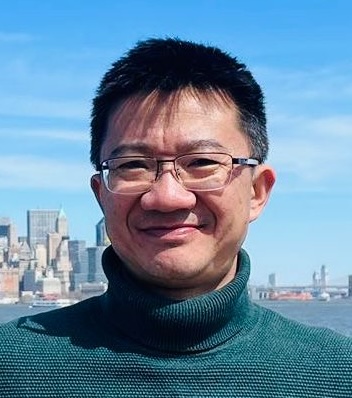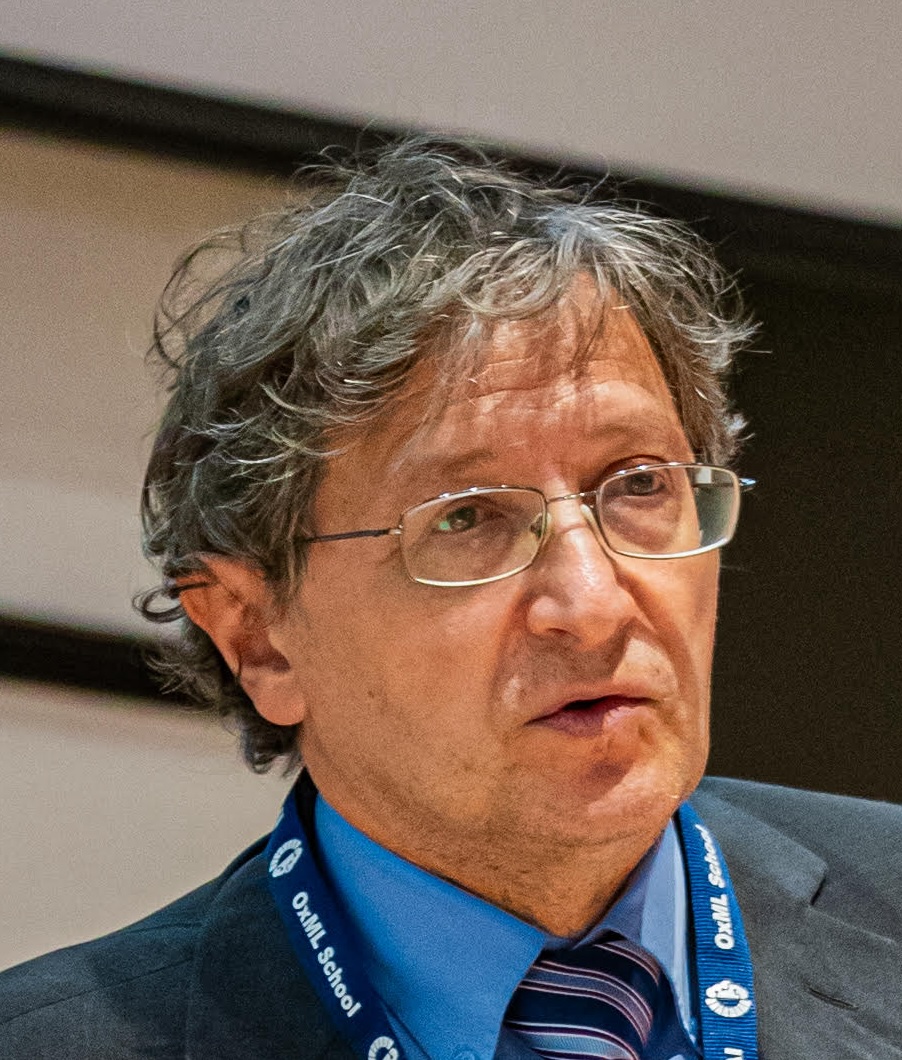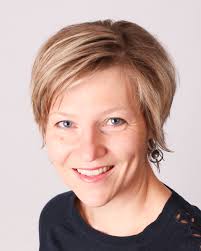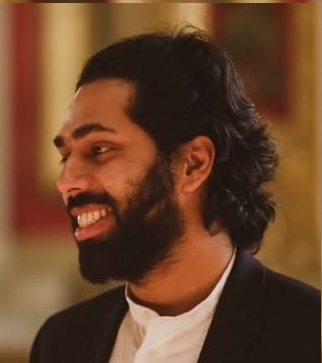The Workshop on Neural Reasoning for Scientific and Mathematical Discovery will take place from March 23 to 24, 2026 at Department of Computer Science and Technology, University of Cambridge.
From rats’ navigation through complex mazes and monkeys’ disjunctive syllogistic reasoning to Aristotle’s syllogistic logic, Tarski’s formal semantics,
and Gödel’s incompleteness theorem, the Darwinian perspective invites questions about how neural networks — both biological and artificial — have evolved from reasoning about concrete mazes to reasoning about abstract ones, and from reasoning by approximation to reasoning with certainty. This brings us to the topic of this workshop -- Neural Reasoning.
Over the past five decades, studies have revealed a unifying principle: reasoning, whether human or artificial, is a process of search in a maze of problem space; it unfolds through iterative exploration constrained by heuristics that guide attention toward promising directions.
This perspective blurs the boundary between logical deduction and adaptive search, portraying intelligence as the artful balance between structured reasoning and exploratory trial.
We are just like the ant, pursuing our goals, attempting to find satisfactory solutions to our current problems — Herbert A. Simon, “The Sciences of the Artificial” (1969, 3rd ed. 2019).
This workshop invites pioneering researchers in various fields -- Biology, Chemistry, Cognitive Science, Medicine, Neurobiology, Physics, Psychology -- to present the art of problem-solving in their `mazes'.
One of the central challenges of problem-solving is the representation of `mazes'.
While we usually solve problems by retrieving and adapting stored representations from memory, scientific discovery demands the formidable task of inventing a wholly new representation,
e.g., Watson, Crick, and Franklin's double-helix structure of DNA, Newton and Leibniz's differential calculus that enables the modeling of the physical world around us, e.g., the discovery of the law of gravitation.
Inspired by the unprecedented success of deep neural networks in both approximate and rigorous reasoning, this workshop explores how problems can be represented and
how traditional neural network architecture may evolve to advance mathematical and scientific discovery.
Organizers

Tiansi Dong
University of Cambridge

Pietro Lio
University of Cambridge

Mateja Jamnik
University of Cambridge

Challenger Mishra
University of Cambridge
Contact
To reach the organizers with any questions or comments, please e-mail neurmadai@googlegroups.com.